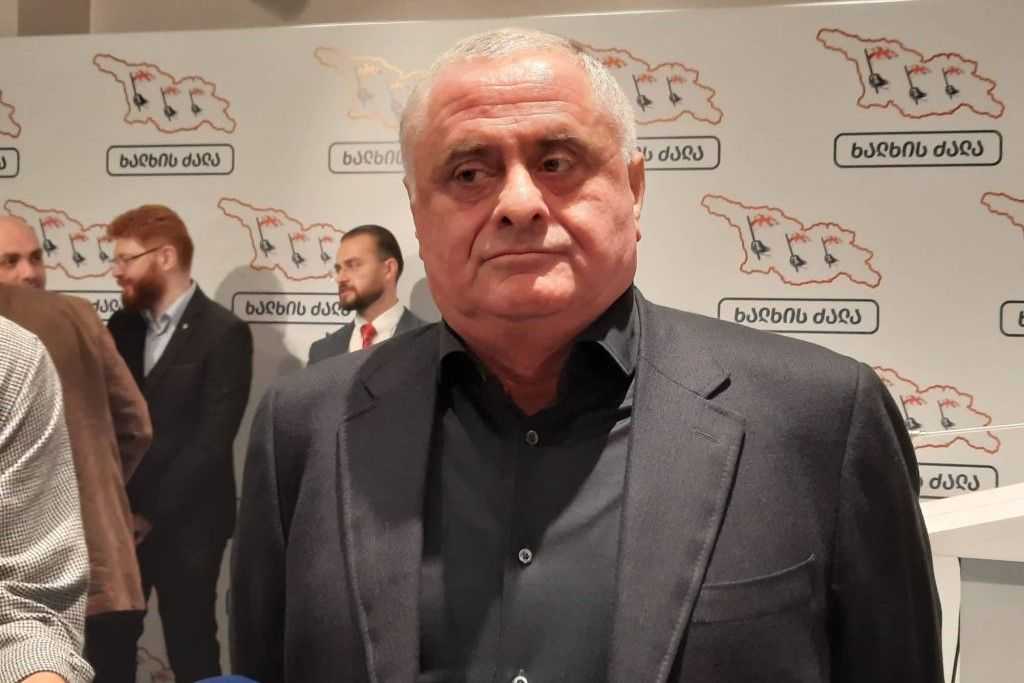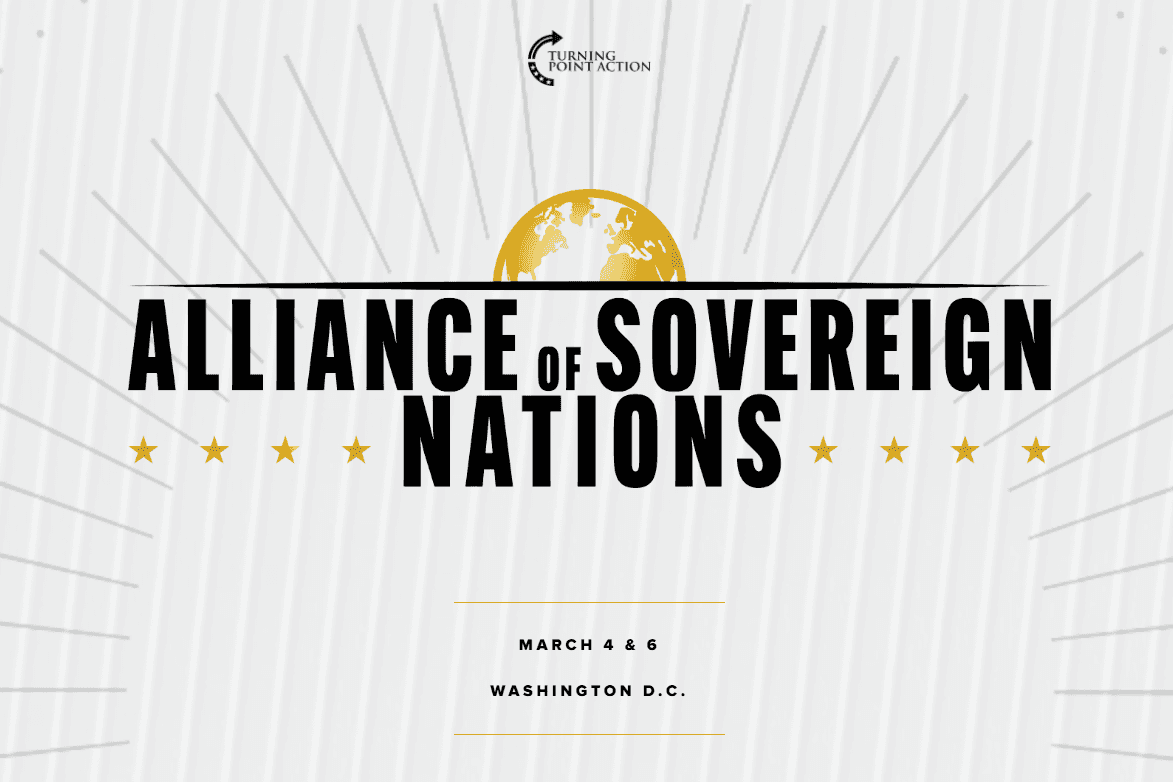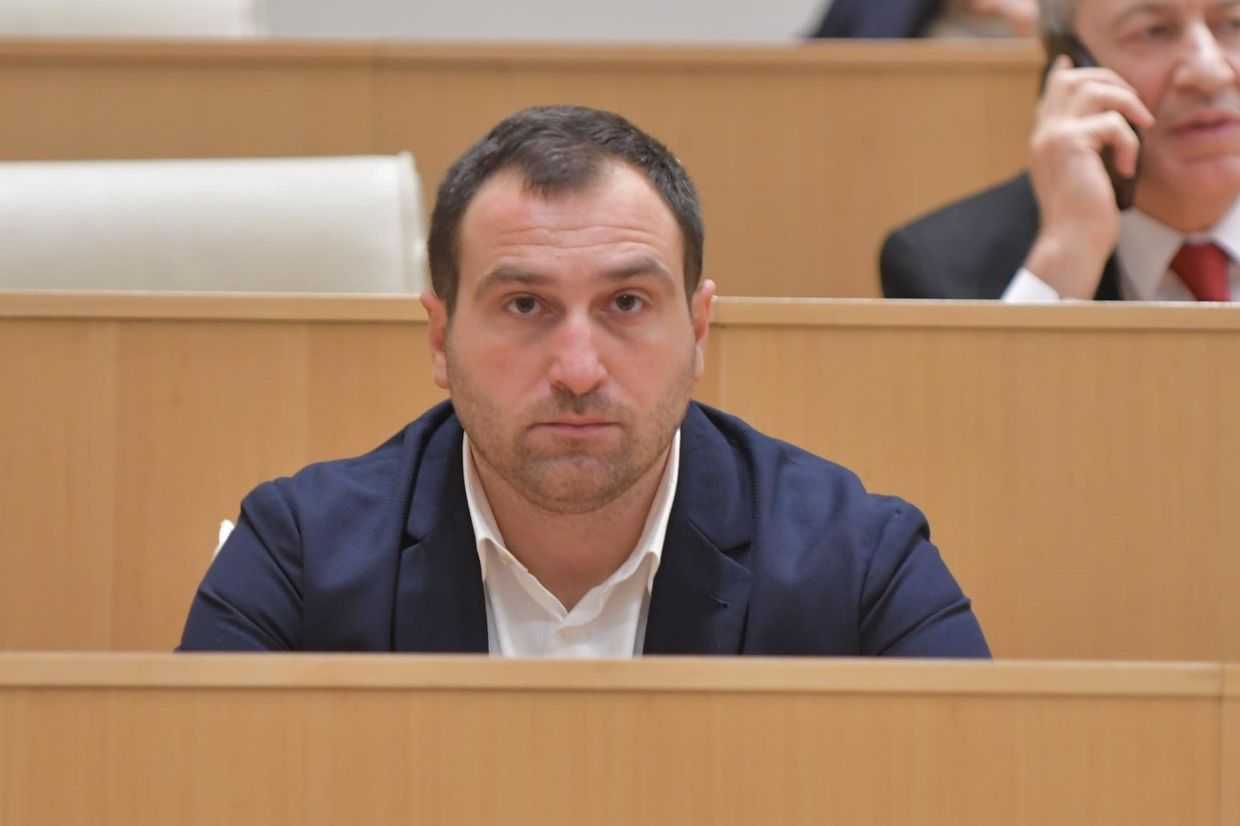
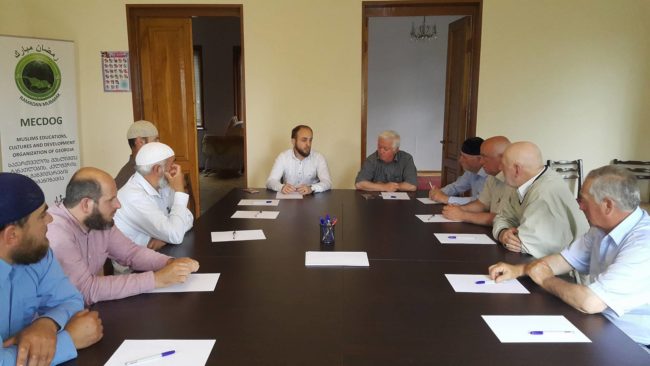
 The Salafi community and Sufi Council of Elders in Pankisi Valley, northeast Georgia, agreed to cooperate on 14 June and to work together on issues in the valley.
The Salafi community and Sufi Council of Elders in Pankisi Valley, northeast Georgia, agreed to cooperate on 14 June and to work together on issues in the valley.
OC Media has learned that for several weeks, the Council of Elders and Salafi community have been holding meetings to discuss a growing rift and alienation between the two communities.
The Council of Elders had been dissatisfied with the Salafi community because in their opinion, for Salafis religion always comes first, even at the expense of local issues.
[Read on OC Media: Pankisi Elder: the Georgian government needs to choose a side]
Vakhtang Pareulidze, who represents the Salafi community in Pankisi, says that these meetings are important to solve the problems of the valley positively and together.
‘Of course we do not agree on every issue, mostly when it comes to religion, but we can discuss important issues in the valley, consult with each other, and make decisions’, Pareulidze told OC Media.
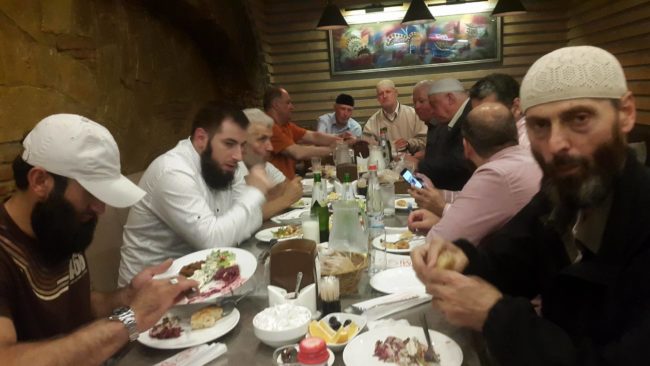
Pankisi Valley is populated mainly by ethnic Chechens called Kists; virtually all are Sunni Muslims. Traditionally, the majority of these have subscribed to Sufism, also referred to as ‘traditional Islam’ because of its heavy reliance on Chechen traditions. However today, an increasing number of people in the valley identify as Salafi, followers of an ultra-conservative movement within Sunni Islam claiming to follow the most correct interpretations of holy scriptures and rejecting traditions they consider ‘non-Islamic’.
In the past, the local ‘Council of Elders’ enjoyed the highest authority in the valley. However, changes in the valley’s religious landscape, especially after an influx of refugees from Chechnya in the 2000s, have weakened this authority, with the valley’s Salafi community increasingly questioning the council’s role.
A delegation from Ingushetia came to the valley to mediate between the two feuding sides. Ingush people come from a similar ethnic background to Kists and Chechens, and together make up the Vainakh people.
One of the mediators, Gilan Khalukhaev, says that problems facing Pankisi are similar to those in Ingushetia, which is why they decided to help broker a deal.
‘Both the elders and the young in Pankisi understood that disagreements between generations should not take place in our society, each side desired to be united. Praise be to the Almighty, today we have witnessed this long-awaited event!’, Khalukhaev told OC Media.
He claims that the long-time disagreement over customs and religion in the valley have finally been solved.
Zaur Gumashvili from the Council of Elders told OC Media in February that the Georgian government neglected the Council of Elders in Pankisi, while radicalisation was becoming more common in the valley. He said that the government had to choose the side — Salafis or Sufis.
‘We can see that a new way of thinking has arrived in Pankisi and I want to stress that it isn’t progress or an evolution. We can see that certain young people who received education in Arab countries and who returned to Pankisi have other issues on their agenda.’ he said
Imam of Pankisi, Salafi, Bekhan Pareulidze told OC Media that there was no radicalisation in Pankisi, and that he thinks that some NGOs exploit this topic to promote their own interests.
Since the 1990s, Pankisi Valley has attracted international attention as a wild and dangerous place, due to it’s association with Chechen fighters, drug trafficking, and violence. Although nowadays Pankisi is a peaceful rural area like many others in Georgia, it has hit the headlines once again following the escalation of the war in Syria. Several high ranking members of the Islamic State have come from Pankisi, including former ‘Minister of War’ Tarkhan Batirashvili, better known as Omar al-Shishani, with many others joining the group’s ranks in Syria.
[Read on OC Media: Imam of Pankisi: There is no ‘radicalisation’ here]


